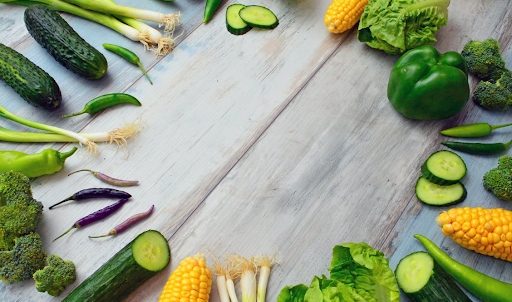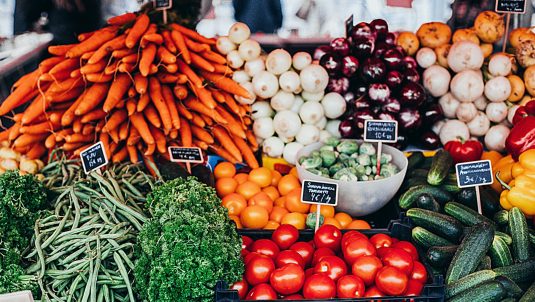Guide To Sprouting Grains
At Organic Restaurants, we want to help cooks, whether they’re at home or running a restaurant, find new ways to use common ingredients. Grains serve as the base for so many types of food, but have you ever tried sprouting them? You might be surprised at how versatile and healthy these sprouted grains can be.
What Are Sprouted Grains?
Raw grains can actually sprout after being soaked in water and strained. They need to be thoroughly washed and put in a covered container. A mason jar works great. When left at room temperature and in the dark, they begin to sprout and ferment. This growth process breaks down the proteins and sugars present in the grains and begins to release probiotics. Wash and rinse the grains twice a day and put them back in a covered container. Once they sprout, after two to three days of work, they’re ready for use.
This process usually takes about three days, from soaking to sprouting, but it can vary based on the grain used. The telltale sign is a small “tail” poking out. This is the start of the sprouting process. After two or three days, you’ll notice longer, more obvious tails that show you that these grains are ready to be used in recipes or for other purposes.
Most grains can be sprouted. The key is making sure that they have not been processed or heat treated. If they have, they can’t be sprouted no matter how much time and water you give them.
What Can I Do With Sprouted Grains?
Sprouted grains can actually be planted. You can put them right in your garden and start growing something new. Just keep in mind that you may have to continue the sprouting process for a day or two more if you want to go this route. Look for small green leaves to emerge. That’s your sign that these grains are ready for the garden.
You can also use sprouted grains in a number of recipes. Sprouted grains can be grounded up into flour. They can be added to salads, or used as the base of their own “grain salads” when mixed with dressing and other flavorful ingredients. Sprouted grains can also be used in breakfast meals, like porridge.
The Health Benefits of Sprouted Grains
When you sprout grains you break down some of the difficult to digest proteins and sugars that they contain. This means that it’s easier for your body to take these grains in and get the crucial vitamins and minerals within. Sprouted grains can be rich in zinc, vitamin C, iron, and many other nutrients.
Because sprouted grains are easier to digest, people with certain dietary issues can consume them and take full advantage of their nutrient-rich content. For example, people who are sensitive to gluten and other wheat proteins may be able to eat sprouted grains without adverse effects. Sprouted grains also release probiotics during the fermenting process, meaning that meals made with sprouted grains can also help with digestion and the immune system.
For More Healthy Food Advice
At Organic Restaurants, we’ll show you how you can do more with organic ingredients. Visit our website for more recipe ideas and find a new approach to take today!
Find restaurants with organic options near you
Search by city or see restaurants close to you.






 Sign in with Google
Sign in with Google Sign in with Facebook
Sign in with Facebook